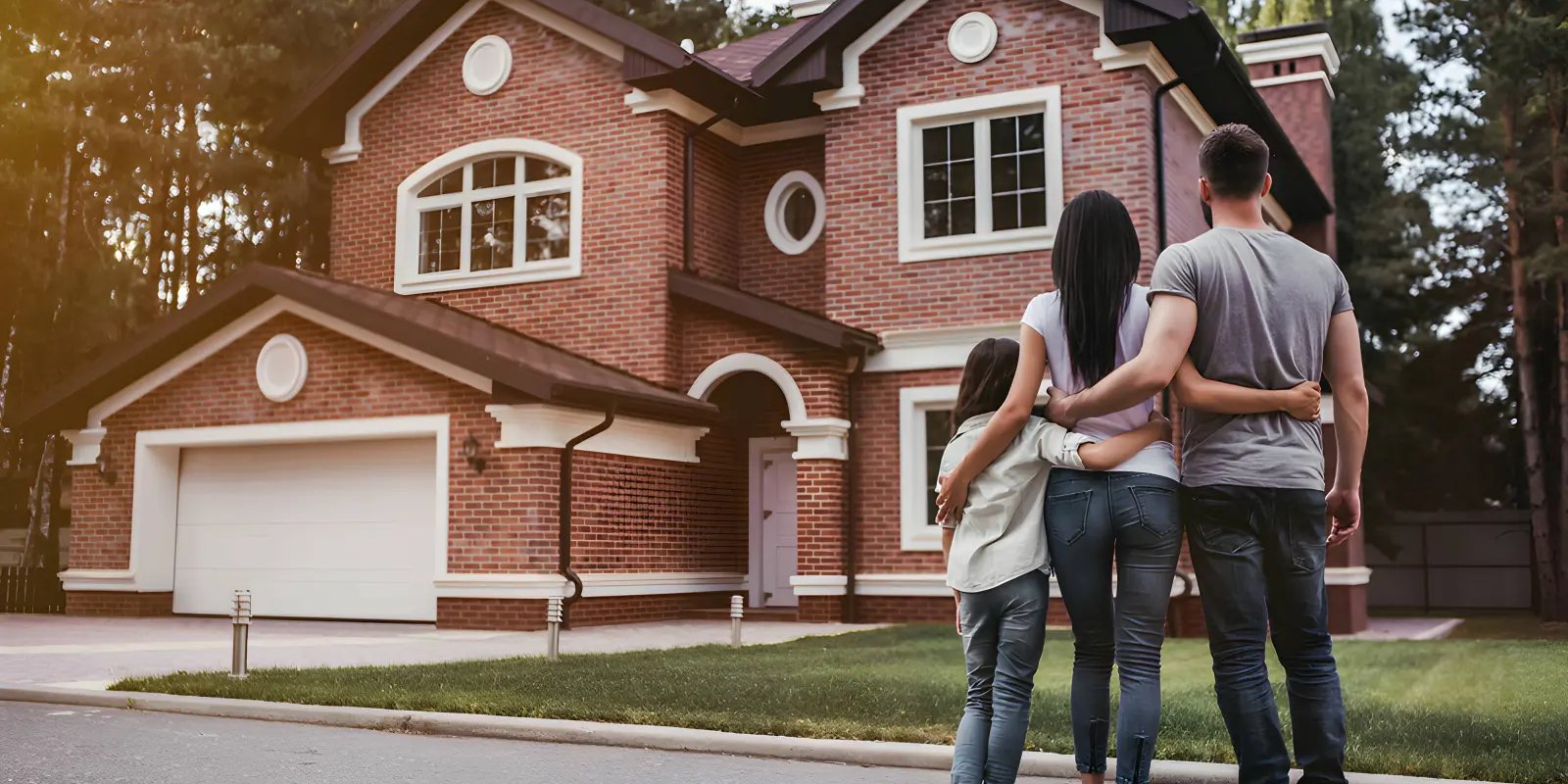Getting Started on Your Home Buying Journey
Buying your first home is one of the most exciting and significant financial decisions you'll ever make. This comprehensive guide will walk you through every step of the process, from understanding your budget to getting the keys to your new home.
Know Your Budget and Get Pre-Approved
Before you start looking at homes, it's crucial to understand what you can afford:
- Calculate your debt-to-income ratio (aim for under 28%)
- Save for a down payment (typically 3-20% of the home price)
- Factor in closing costs (2-5% of the home price)
- Get pre-approved for a mortgage to strengthen your offers
- Consider additional costs like property taxes, insurance, and maintenance
Understanding the Home Buying Process
The home buying process typically takes 30-45 days once you're under contract, but the entire journey can take several months:
Step 1: Pre-approval - Get your finances in order and obtain a pre-approval letter from a lender.
Step 2: Find a real estate agent - Choose an experienced buyer's agent who understands your local market and your needs.
Step 3: Start house hunting - Begin viewing properties that meet your criteria and budget.
Making an Offer and Negotiating
When you find "the one," your agent will help you:
- Research comparable sales in the area
- Determine a competitive offer price
- Include appropriate contingencies for inspection, financing, and appraisal
- Negotiate terms with the seller
The Inspection and Appraisal Process
Once your offer is accepted, you'll typically have 7-10 days to complete a home inspection. This is your opportunity to:
- Identify any major issues with the property
- Negotiate repairs or credits with the seller
- Ensure the home appraises for at least the purchase price
- Finalize your mortgage application
Closing Day and Beyond
Closing preparation:
- Conduct a final walk-through 24-48 hours before closing
- Review all closing documents with your agent and attorney
- Bring a certified check for closing costs
- Get your keys and celebrate!
After closing:
- Set up utilities and change your address
- File homestead exemptions if applicable
- Begin building relationships with local contractors and service providers
- Start planning any renovations or improvements
Remember, buying a home is a marathon, not a sprint. Take your time, ask questions, and work with experienced professionals who have your best interests at heart.


